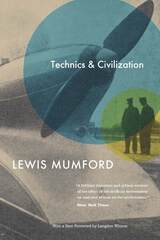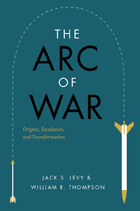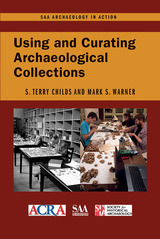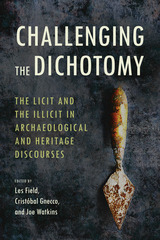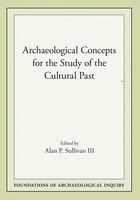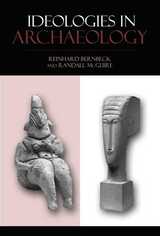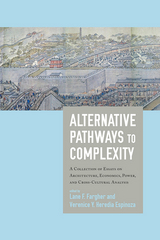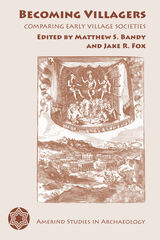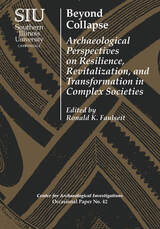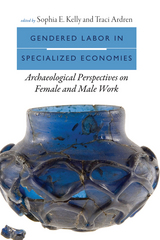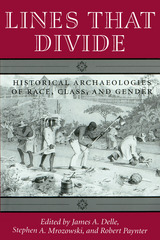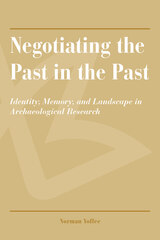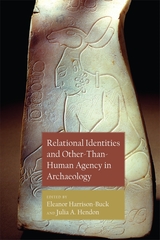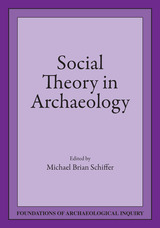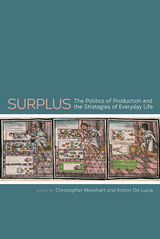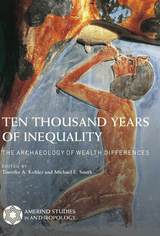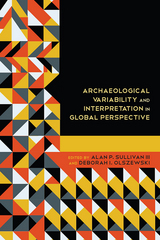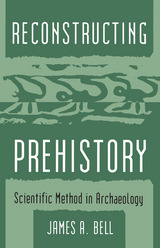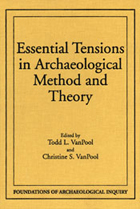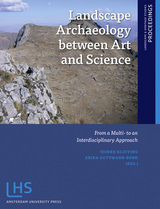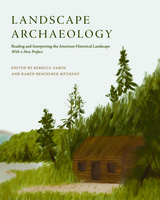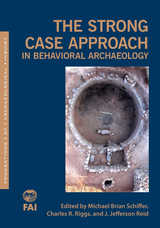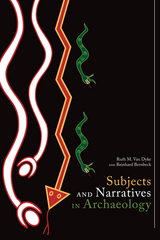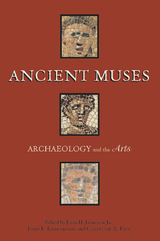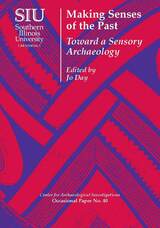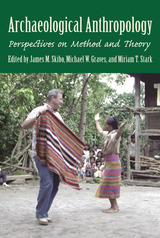Cloth: 978-0-674-04165-3
Library of Congress Classification CC72.4.R46 1984
Dewey Decimal Classification 306.093
A leader in world archaeology argues that the archaeological record can and should be used to reconstruct the social structure of past societies, that archaeology ought, in effect, to become social archaeology. Colin Renfrew believes that the goal is to discover how and why cultures change through time and space. In the thirteen essays collected in this volume he examines various approaches to the problem.
Renfrew begins with specific demonstrations of what can be learned about social organization from the archaeological record. He looks for regularities in the spatial organization of societies and shows what they reveal about social dominance and power. He considers trade and exchange in the broadest context as human interaction. He relates chiefdoms and monument building to the mobilization of labor. Renfrew next moves to the dynamic issue of how cultures change. He examines the use of systems thinking in archaeology, proposing it as a way to avoid overly simple explanations, and demonstrates the power of new statistical techniques and computer programs.
In a final provocative section Renfrew suggests that sudden changes in the archaeological record—the "collapse" of civilizations—should not be seen as anomalies to be explained by the action of some outside agent but rather as predictable instances of "systems collapse."
See other books on: Anthropology, Prehistoric | Approaches | Cultural & Social | Prehistoric peoples | Social archaeology
See other titles from Harvard University Press

